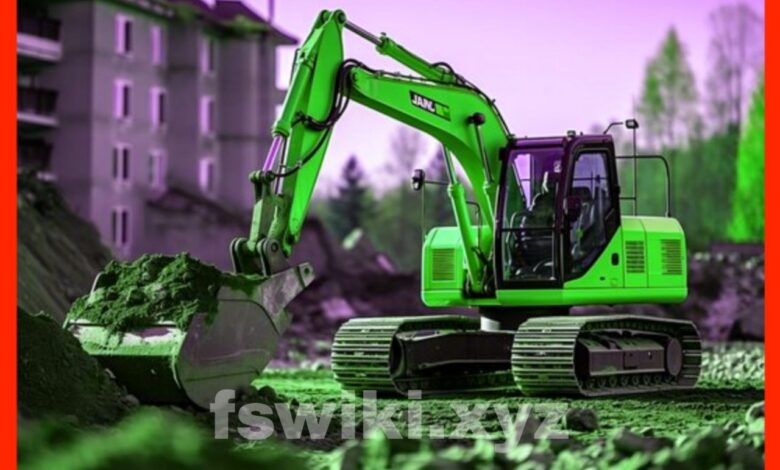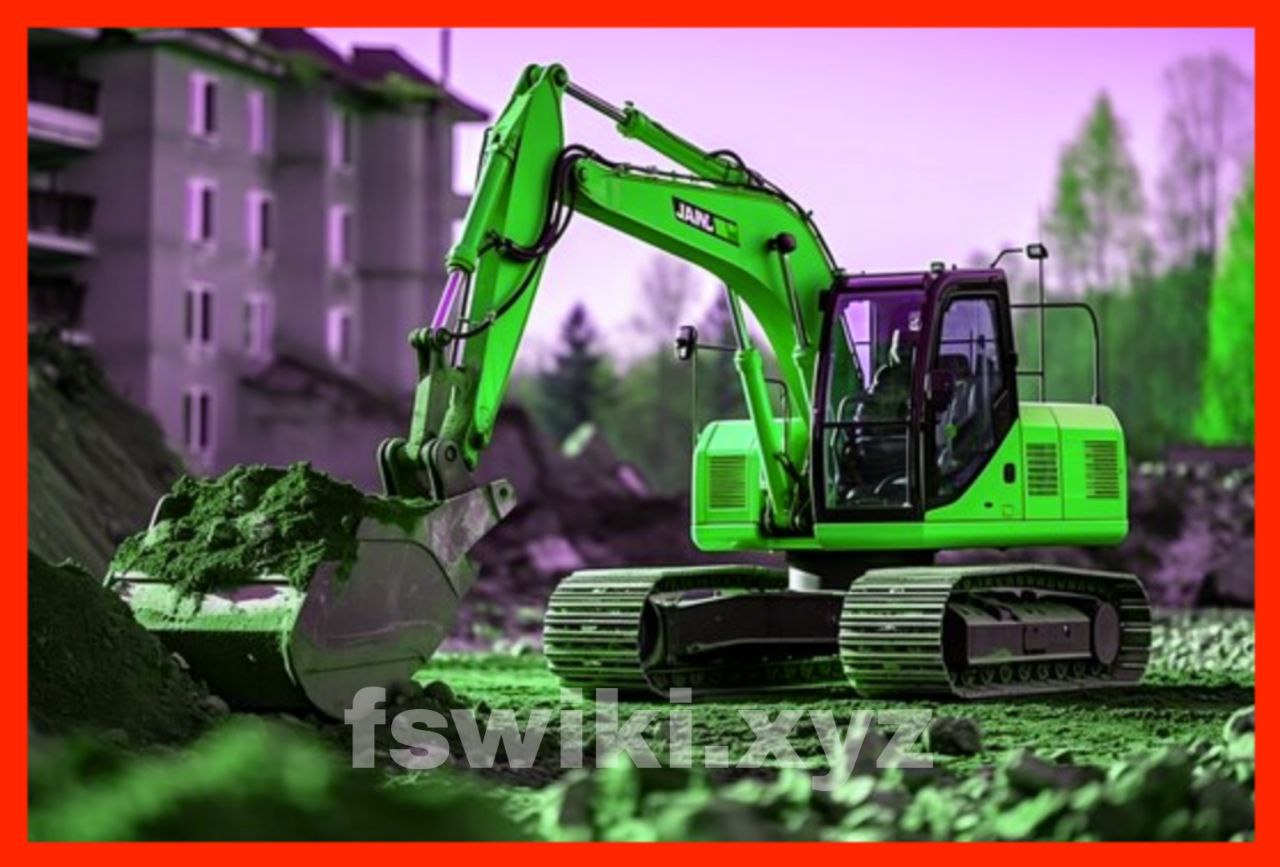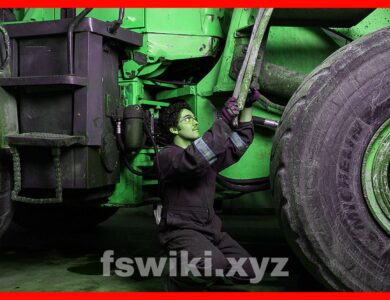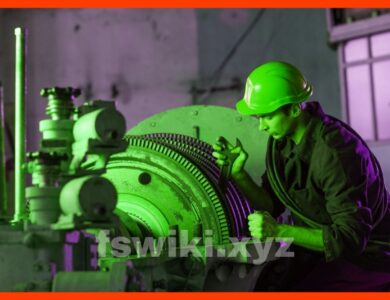Heavy Equipment
Heavy Equipment Mechanic The Backbone of Construction and Industry

Heavy Equipment Mechanic The Backbone of Construction and Industry
When it comes to keeping the massive machinery of construction and industrial operations running smoothly, heavy equipment mechanics are the unsung heroes. These professionals ensure that the towering cranes, bulldozers, and excavators— the very backbone of our infrastructure—are always in top shape. But what does it take to be a heavy equipment mechanic, and why is this role so crucial?
The Life of a Heavy Equipment Mechanic
A day in the life of a heavy equipment mechanic is anything but ordinary. Imagine getting up before dawn, grabbing your toolbox, and heading to a job site where a giant caterpillar backhoe for sale needs a quick fix. You’re the person everyone relies on, the one who can turn a disastrous breakdown into a smooth-running machine in no time.- Diagnostic Mastery: A mechanic’s primary skill lies in diagnosing issues quickly and accurately. Whether it’s a hydraulic leak or a malfunctioning engine, their ability to pinpoint problems is unmatched.
- Technical Expertise: Mechanics work with a variety of tools and technology, from wrenches to advanced diagnostic computers, ensuring every part of the machinery is functioning as it should.
- Hands-on Problem Solving: These professionals are not just theoretical; they’re hands-on, getting into the guts of the machines, fixing and fine-tuning until perfection is achieved.
Why Heavy Equipment Mechanics are Invaluable
The importance of heavy equipment mechanics cannot be overstated. Without them, the construction and industrial sectors would grind to a halt. Here’s why:- Preventing Downtime: Downtime is the enemy of productivity. A well-maintained machine means fewer breakdowns and more consistent work output.
- Safety Assurance: These mechanics don’t just fix machines; they ensure they’re safe to operate. A malfunctioning piece of equipment can be deadly, so their role is critical in preventing accidents.
- Cost Efficiency: Regular maintenance by a skilled mechanic saves companies money by extending the lifespan of equipment and reducing the need for costly replacements.
“A machine is only as good as the mechanic who maintains it.” – Unknown
Training and Skills: What It Takes to Become a Heavy Equipment Mechanic
Becoming a heavy equipment mechanic requires a unique set of skills and training. It’s not just about knowing how to use tools; it’s about understanding complex machinery inside and out.- Formal Education: Most mechanics start with a degree or certificate in diesel technology or heavy equipment mechanics from a technical school.
- On-the-Job Training: Practical experience is crucial. Many mechanics apprentice under experienced professionals before they are trusted with major repairs.
- Certifications: Obtaining certifications from organizations like the National Institute for Automotive Service Excellence (ASE) can boost a mechanic’s credibility and job prospects.
Challenges Faced by Heavy Equipment Mechanics
It’s not all smooth sailing for heavy equipment mechanics. The job is demanding and comes with its fair share of challenges:- Physical Demands: The work is physically strenuous, often requiring long hours of standing, lifting heavy parts, and working in uncomfortable positions.
- Constant Learning: With technology rapidly evolving, mechanics must continuously update their skills and knowledge to keep up with the latest advancements.
- Work Environment: Mechanics often work in tough conditions, from outdoor job sites in extreme weather to noisy, dusty workshops.
The Future of Heavy Equipment Mechanics
As industries continue to grow and evolve, the demand for skilled heavy equipment mechanics will only increase. Emerging technologies such as autonomous construction equipment and AI-driven diagnostics are changing the landscape, but the need for human expertise remains irreplaceable.- Automation and AI: While machines may diagnose themselves in the future, they will still need skilled mechanics to interpret and implement those diagnostics.
- Sustainability Focus: As the world shifts towards greener practices, heavy equipment mechanics will play a key role in maintaining and adapting machinery to be more eco-friendly.
- Global Opportunities: With construction booming worldwide, skilled mechanics will find opportunities across the globe, from large equipment moving companies to farm bulldozers for sale.
A Career Worth Pursuing
For those who love working with their hands, solving complex problems, and being at the heart of industrial progress, a career as a heavy equipment mechanic is both rewarding and vital. It’s a role that combines technical expertise with practical know-how, ensuring that the wheels of progress keep turning—literally.Generating... Please wait seconds
URL Copied



